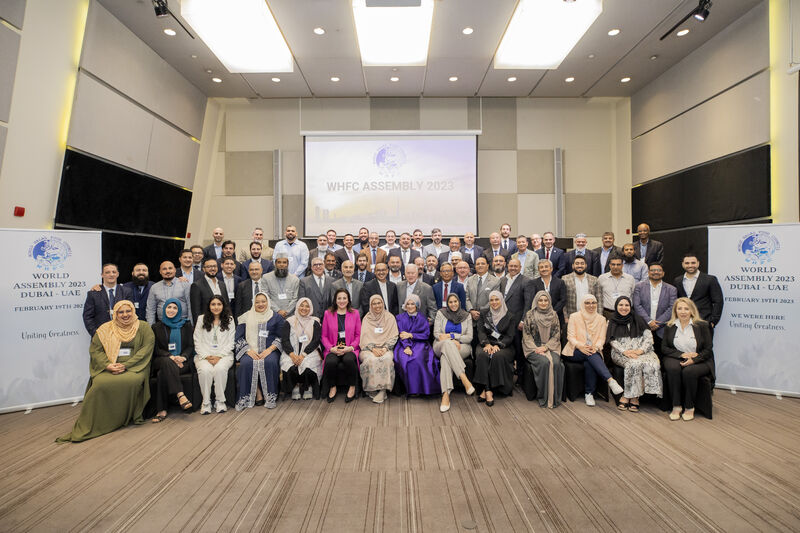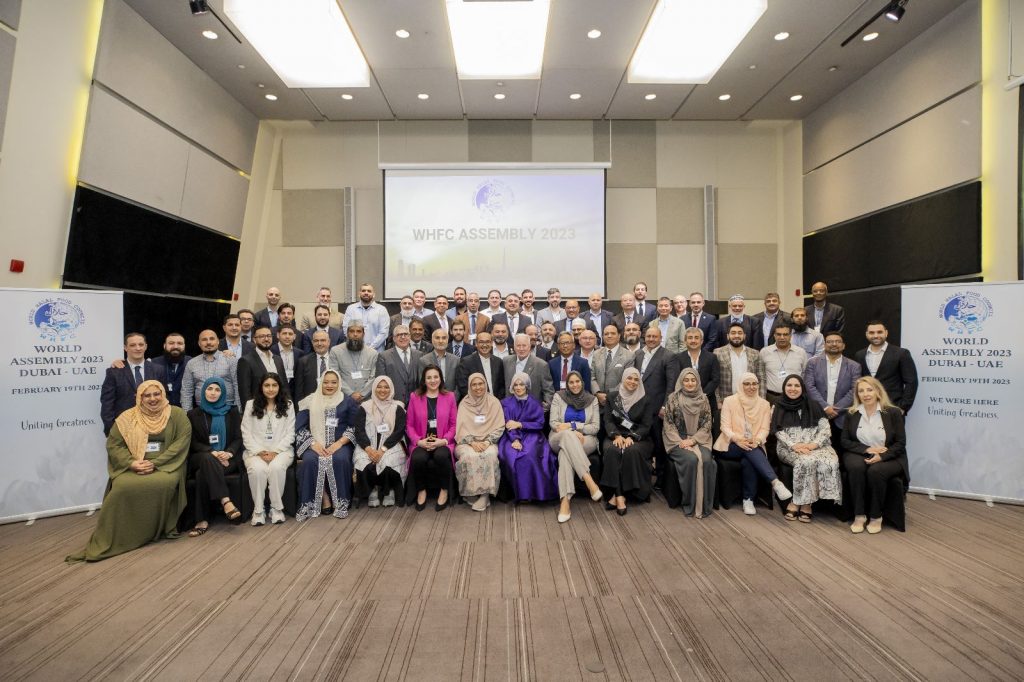A Council of Mosques has called for a boycott of Halal Food Authority (HFA) products. The HFA meanwhile hit back stating they still have one of the ‘most stringent and well regulated auditing systems for accreditation of halal meat’.
In a statement to Asian Image, the Lancashire Council of Mosques (LCM) has called for an investigation into the Halal food industry following reports that Halal food with traces of pork DNA was supplied to Muslim prisoners.
“While praising the Ministry of Justice’s decision to stop food from the said supplier, LCM would like to stress that the Muslim community of Lancashire is deeply concerned at the irregularities in the Halal industry and reiterates the need for proper audit trails to ensure meat and chicken products are authentically Halal.
Cllr Mulla added, “We are writing today to all prisons in Lancashire requesting emergency meetings. We urge statutory organisations across Lancashire to adopt the LCM’s universal Halal Criteria that is acceptable to all Muslims.
“This criteria has been agreed and rubber stamped by over 300 Muslim scholars and experts from across Lancashire. Adopting the LCM Halal Criteria would ultimately iron out irregularities in the industry and put a firm stop on Muslims possibly being fed non-Halal, including pork.”
The Halal Food Authority said they wanted to reassure the public that no pork meat was found in halal products meant for prisons in England and Wales.
They said, County Tyrone family owned food company McColgan’s Quality Foods and distributors 3662 withdrew products as soon as traces of pork DNA were found, for some meals that were still in the distribution chain and had not reached its intended destination.
A statement read, “The products were being produced by McColgan’s under contract for 3663 supplying food to prisons.
“This does not appear to be a deliberate attempt to introduce another meat. Instead, traces of pig DNA in meat products were found as a result of ultra-sensitive DNA testing. These tests were carried out following the discovery of horse meat in beef-burgers produced in County Monaghan.
“The burgers had been on sale in the UK and the Republic of Ireland.”
The Halal Food Authority has been accrediting producers, manufacturers and processors of halal meat and poultry for nearly two decades contractually.
The statement continued, “Over the years we have developed one of the most stringent and well regulated auditing systems for the approval and accreditation of halal meat, poultry and foodstuff.
“We are also proud to be one of the first to emphasise on the use of scientifically advanced methods including the use of DNA testing. And as such up until now we have been using DNA testing sporadically whenever it was deemed useful.
“Before Halal Food Authority takes a supplier or manufacturer on board for membership of the halal endorsement network, the supplier has to declare whether they have any pork or pork based products on the production facility, storage, or in chilled and frozen storage.
“Under no circumstances is production allowed to be halal certified when both halal and pork based products are produced under the same roof.
“This means that the produced must have a separate facility or production area with its own intake, storage and dispatch areas.
“There must be physical separation between the products requiring halal certification and non-halal (pork based) products.
“Once the company agrees to this principle, the next step is to arrange for audit/s and all relevant raw materials and recipe information is inspected, checked and validated. Halal Certification is only granted once all parameters of halal authenticity and traceability are met. Certification is then followed by routine checks and announced and unannounced audits.
“HFA makes full use of the scientific and modern methods of analysis and validation. This includes protein based DNA testing.
“This particular case of contamination is not how it is being perceived; this is about DNA at very very low levels being found in a product.
“This can be caused by very minute particles, by presence of possible bloods and liquids presence. So there are a whole range of ways in which DNA can actually be present and can cross-contaminate onto the actual meat that is in the produce.”
Under Islamic law, Muslims are strictly forbidden to eat pork, as is the consumption of meat which has not been slaughtered in a way that is prescribed under their dietary requirements.
“It is very clear that this must be very distressing for those affected and that they can be reassured that we in the Halal food Authority are doing everything we can to get to the bottom of it and resolve the situation.”
“Since the presence of Pork DNA was identified in chicken and donor kebab products, the Halal Food Authority has been very vocal in its efforts to get the authorities to take a more robust approach towards this practice and miss-demeanour.
“We implore Muslim consumers to stay calm and voice their concern in writing to show their support for better and tighter labelling of products. And products should contain what the labels say’s on it.”



